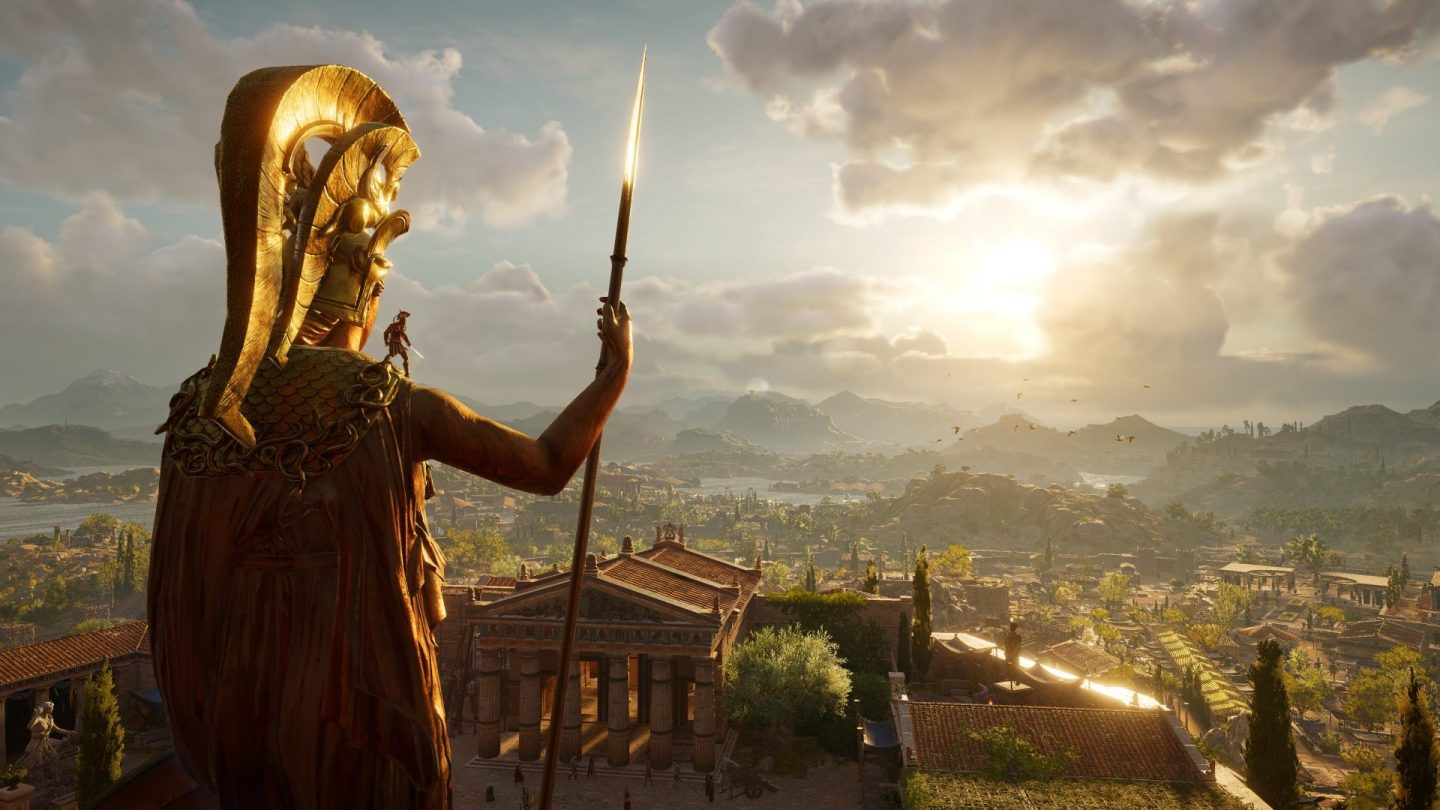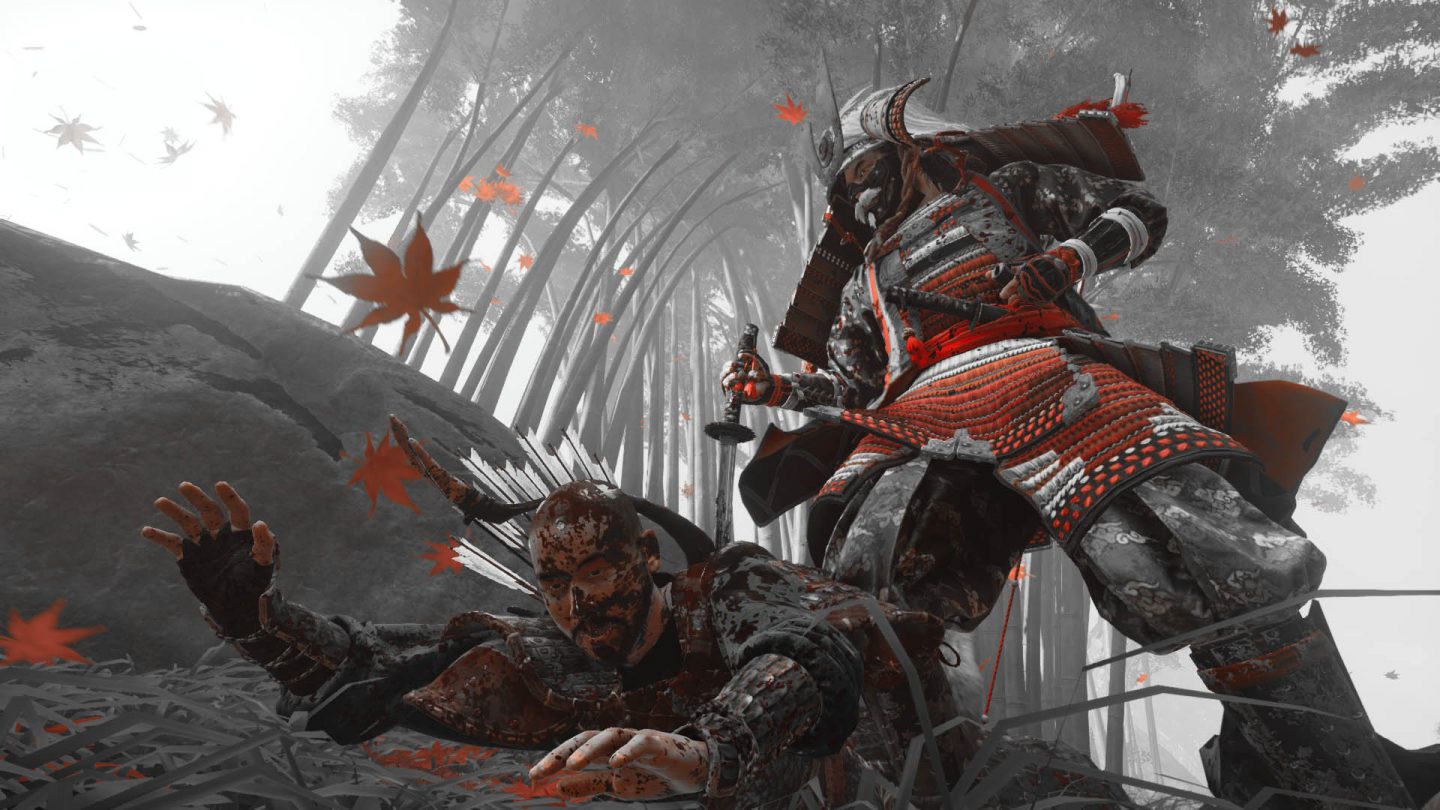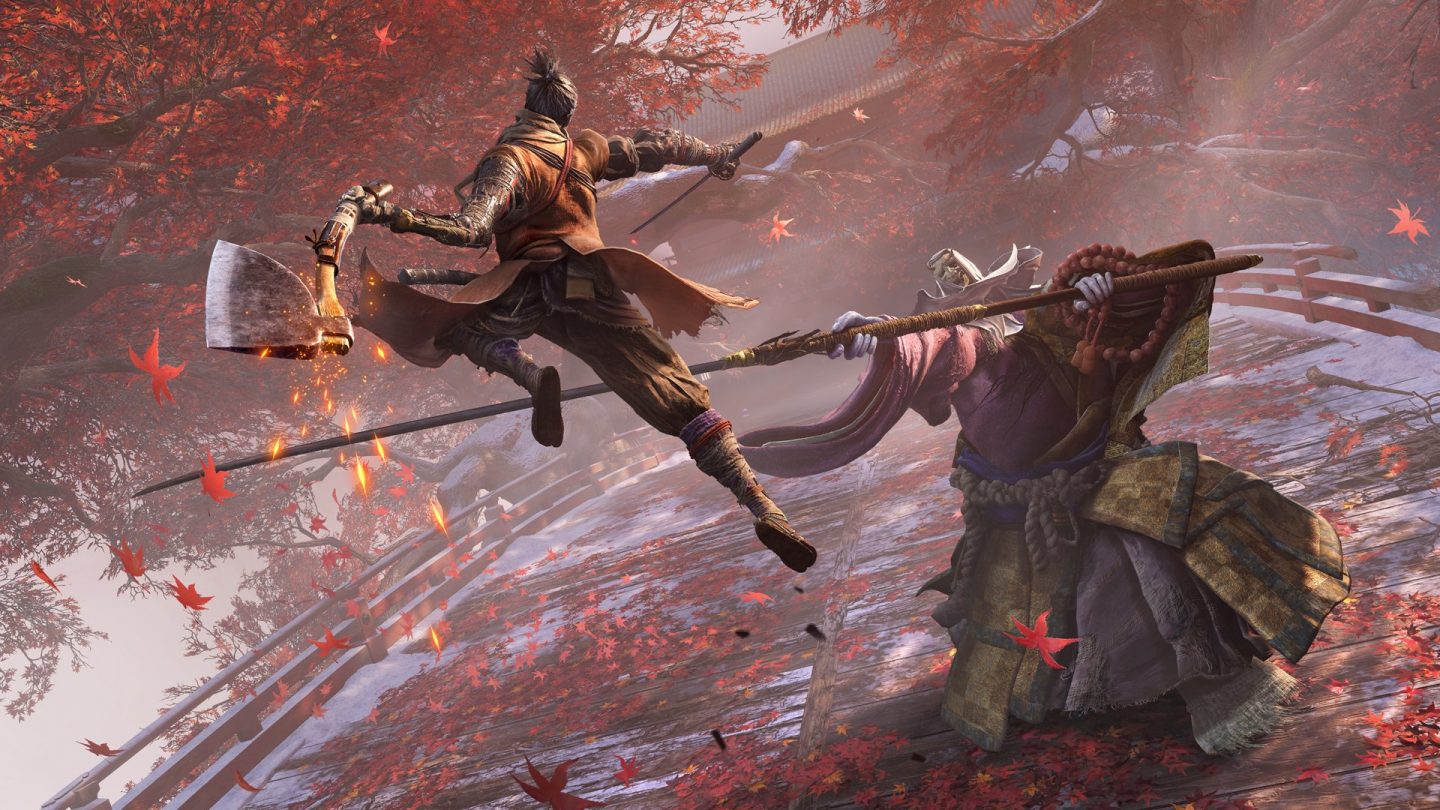February 25, 2021 — Some game developers strive hard for historical accuracy when including settings and characters from the past. While others allow themselves creative freedom in their depictions of history.
Assassin’s & Accuracy
Bringing a sense of immersion and role play, to some people, may seem of paramount importance for games grounded in reality. However, others would argue enjoyment can be had just as well with a reimagining of events. This begs the question, is historical accuracy in video games important?
One of the biggest and well-known series for supposed historical accuracy is the Assassins Creed franchise. One that has changed considerably since its inception. What started as a relatively linear and straightforward action game has evolved into the sprawling RPG of Assassins Creed Valhalla. A series known for the historical accuracy of each setting. In particular, Assassins Creed Unity, despite the infamous bugs, was praised for its realistic and detailed depiction of France during the revolution. Whereas Syndicate presented an immersive look into life in London during the Victorian Era.
However, and somewhat surprisingly, the recent Assassins Creed Valhalla largely reverses this trend. Throughout the title, many of the environments visited are often exaggerated beyond recognition. Despite featuring period-accurate weapons used in the Viking Age, the overall look of the characters is pure fiction. In particular, the climate presented in Assassins Creed Valhalla is inconsistent for the time period. Whereby the roles women depicted, do not match historical evidence. That aside, it is worth remembering that Assassins Creed titles have always utilized some artistic license when crafting their stories. Losing some authenticity in favor of improving its gameplay.
Fantasy vs Reality
Swedish developer Iron Gate Studio’s recent indie-hit Valheim also contains inaccuracies consistent with the creative decisions of Assassins Creed. Taking liberties with the visuals and overall design. Eschewing realism in favor of enemies steeped in folklore and mythology. With trolls and sea monsters present in the world. One historically accurate feature though is the inclusion of massive time periods. Players can experience the Iron, Bronze, and Stone ages, and benefit from the weapons and raw materials associated with each. This coupled with the ability to craft many items and tools from the time period could arguably add historical value to the player, although this is only surface level.
Another game highly praised for its historical accuracy is Ghost of Tsushima. While the overall premise of the Mongol invasion, Tsushima itself, and the time period is accurate, the game takes artistic license with the romanticization of the Samurai and key characters and events during the game. Although developer Sucker Punch consulted modern-day samurai when making the game, co-founder Chris Zimmerman stated in a 2018 interview that the studio would “deviate from historical truth,” and that “the challenge is making sure we’re telling a story that people can relate to”. Sekiro: Shadows Die Twice is another popular samurai game that like Valheim, embraces mythology over a faithful representation of history. With much of the enemy design taking inspiration from the Japanese folklore of Yokai.
Perhaps knowing it is impossible to capture the authenticity of a period in history in pursuit of a better gaming experience is the reason for the existence of games such as Valheim and Sekiro. Where loose mythology and artistic license are used to support the game’s story and play mechanics. As opposed to historical accuracy being a core focus.
Gameplay vs Accuracy
Titles such as Call of Duty and Battlefield, for example, focus on bombastic action and set pieces in their depictions of war. With their World War 2 historical realism coming in the form of period-accurate environments and weapons, similar to early Assassins Creed titles. Likewise taking liberties with the story and characters to create a more appetizing game for its audience.
By comparison, the indie game Valiant Hearts: The Great War attempted to go further with its historical accuracy. Drawing from accounts of the first world war. Which included genuine letters from soldiers to recreate the harrowing nature and personal toll of war on both sides. While the game is not visually accurate, collectibles found in the Valiant Hearts provide detailed facts about World War 1. Thus allowing the uncovering of history through player agency and exploration. Although this isn’t the main focus of the game.
Kingdom Come: Deliverance is a 2018 action role-playing video game developed by Warhorse Studios. Set in the medieval Kingdom of Bohemia, an Imperial State of the Holy Roman Empire, with a focus on historically accurate content. Critics have praised its story, attention to historical detail, and focus on realism, although the game is far from flawless. Which in comparison, makes it the most historically accurate game created so far.
Historical Considerations
Overall, it seems clear that developers have entirely different visions on how best to represent history. Particularly in a way that is faithful to its historical context. The relevance of this varies from player to player. The pursuit of authenticity when depicting periods in history can arguably result in a game with decreased creative freedom. Perhaps knowing it is impossible to capture the authenticity of a period in history in pursuit of a better gaming experience is the reason for the existence of games such as Valheim and Sekiro. Where loose mythology and artistic license are used to support the game’s story and play mechanics. As opposed to historical accuracy being a core focus.
Professional historians are by no means perfect. While a good historian will interrogate their sources from a specific angle, it inadvertently will exclude many other considerations. And they have to be in order to be able to focus on their particular area of interest. Today’s historical biases are different from historians who lived in the 1800s. Which focused mostly on the deeds of great men and studied subjects that are today considered irrelevant.
AAA games, in general, are arguably more likely to ignore historical accuracy in favor of mass appeal. While indie games such as Valiant Hearts attempt to present history only to the side of the main experience with historically accurate collectibles. Others meanwhile, like Kingdom Come: Deliverance, go a long way to recreate a period slice backed by well-researched history. Ultimately, history in games is a balancing act. But one that appears to be fading from the top of developers’ priority lists. However, it is the illusion of historical accuracy that is still present here. Resulting in it still being a sought-after element for many gamers.
















